
Rats Who Were Taught To Drive Enjoy Going For Rides, Rev The Engine As Soon As They Get In
Driving is a very convenient way of getting around, with cars being one of the most notable human inventions. At the same time, when doing it under the right conditions, it can also be very enjoyable to simply drive around and take in the journey. However, it turns out that we’re not the only ones with such an interest.
Not so long ago, neuroscientists at the University of Richmond taught rats how to drive specially made cars and discovered that these rodents actually love it. The subjects were quick to pick up the skills needed for operating the vehicles and soon started not only doing it with great precision but also showed anticipation for the rides. Scroll down to learn more!
More info: The Conversation
Rats were long known to be some of the smartest animals on earth, but few expected them to go as far as driving cars
Image credits: Dr. Kelly Lambert
A study led by Dr. Kelly Lambert aimed to teach rats how to drive in order to research rodent cognitive complexity
The study on rodent cognitive complexity, led by professor of behavioral neurosciences, Dr. Kelly Lambert, started way back in 2019 when she and her team crafted their first rodent car, which was made out of a plastic cereal container and used small wires performing similar functions to a gas pedal and steering wheel.
Starting with learning the very basics, like climbing into the car and pressing the levers, the rodents caught on surprisingly quickly and were soon steering with great precision, going for that tasty Froot Loop treat.
Image credits: Dr. Kelly Lambert
Image credits: Dr. Kelly Lambert
As the subject rats kept improving their skills, the researchers noticed that they became very excited about driving
It wasn’t long before the rats actually started showing a liking for the activity. “It was the summer of 2020 when I walked into the lab, [and] noticed something unusual: The three driving-trained rats eagerly ran to the side of the cage, jumping up like my dog does when asked if he wants to take a walk,” shared Dr. Kelly Lambert in her article on The Conversation.
The scientists weren’t sure whether this reaction was because of the Froot Loop treat that the rats wanted so much or if it was more about the driving, but one thing was clear – the rodents appeared to be much more positive.
Image credits: Dr. Kelly Lambert
Image credits: Dr. Kelly Lambert
Through further tests, the scientists discovered that these rats liked the driving journey as much as the treat, often choosing a longer road just so they could ride in the car
With this in mind, Dr. Lambert and her colleagues came up with a behavioral test that could assess the animals’ motivation to drive. Here, the rats could choose to get to the Froot Loop quickly by going on foot or taking the ‘more scenic’ route by car.
To everyone’s surprise, 2 out of 3 driving rats chose the road trip option without a second thought, revving the ‘gas pedal’ before even hitting the ground. This strongly suggested that they liked not only the reward but the journey, too.
Commenters found this news very amusing for all kinds of reasons. Some were making jokes, others were psyched about how we’re getting closer and closer to real versions of Stuart Little, The Mouse and the Motorcycle, and Biker Mice From Mars, and the rest just adored how positivity-focused this study was.
Image credits: Dr. Kelly Lambert
Image credits: Dr. Kelly Lambert
Dr. Lambert’s study is not the first one to study positive emotions in animals, or even rats, as the Estonian-American neuroscientist by the name of Jaak Panksepp already explored this sphere way back in 2003 when he tickled rats. At the same time, while the scientists in our story might’ve been the first ones to teach rats to drive, they’re not the only ones to do it either.
Kendal Crawford and Sean Stephens-Whale, a couple from Squamish, Canada, who were inspired by this very same research, decided to try and teach their own two rescue rats, Kuzko and Kronk, to drive miniature handmade taxis. Sharing the journey with the wider audience online, the first video that the couple posted on Instagram got more than 4.6 million likes.
Image credits: Dr. Kelly Lambert
Image credits: Dr. Kelly Lambert
In just half a year, the rats learned to not only drive the car but also navigate it around increasingly more difficult tracks with various barriers, correcting their mistakes when made and showing great problem-solving abilities – all without any checkpoints, just a final treat at the end.
While Kendal and Sean engage their rats in these exercises for intellectual stimulation rather than trying to achieve perfection, and these rodents will most likely not take their rides to the streets just yet, this achievement is nothing short of impressive, especially considering the fact that rats have very poor eyesight and have to rely on other senses.
Image credits: Dr. Kelly Lambert
Ultimately, we don’t know what all of this will lead to in the end. Despite their somewhat bad reputation, mostly due to wild rats, this species is actually very intelligent and, as demonstrated, is capable of dealing with many complicated tasks.
Understanding them better through studies like this may lead to some unexpected revelations that might just change the way we see the animal world and even ourselves. But even if all this amounts to is some cool videos of rats driving in cars, that’s already quite amazing, wouldn’t you agree?
What did you think about this story? Have you seen a real rat drive a car before? Share it all in the comments below!
The commenters were very amused by the story and couldn’t stop making jokes while also appreciating how positivity-focused the study appeared to be
Poll Question
What aspect of the study on rats driving cars do you find most interesting?
The rats learning to drive quickly
The rats enjoying the driving experience
The innovative design of the rat cars
The positive behavior changes in rats
This actually makes me sad.. so we know they feel excited, experience joy, and we know they can feel pain and boredom. But there are millions sitting in lucite boxes right now, lonely, put through torture testing, forced feeding, etc. They are sentient beings, and there are alternative ways to test d***s.
It's definitely quite horrific, rats are intelligent and social creatures
https://www.instagram.com/emperorsofmischief/reel/C5jam-ESlDE/?hl=en
I'm picturing a rat with a tuner muffler and a big spoiler, fuzzy dice and all
This actually makes me sad.. so we know they feel excited, experience joy, and we know they can feel pain and boredom. But there are millions sitting in lucite boxes right now, lonely, put through torture testing, forced feeding, etc. They are sentient beings, and there are alternative ways to test d***s.
It's definitely quite horrific, rats are intelligent and social creatures
https://www.instagram.com/emperorsofmischief/reel/C5jam-ESlDE/?hl=en
I'm picturing a rat with a tuner muffler and a big spoiler, fuzzy dice and all

 Dark Mode
Dark Mode 

 No fees, cancel anytime
No fees, cancel anytime 






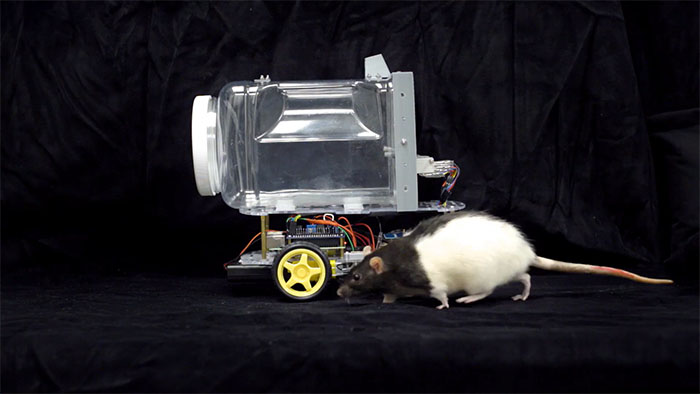

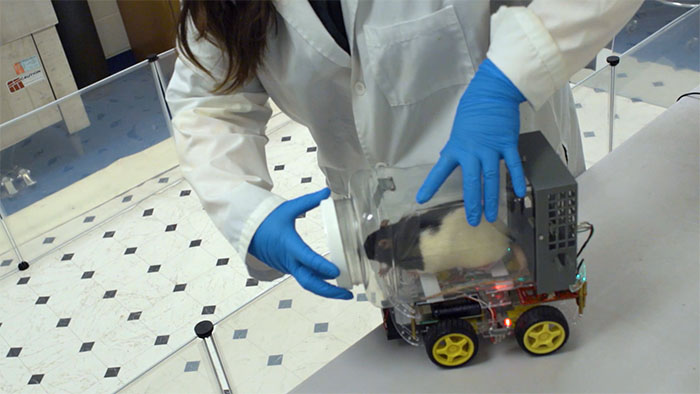
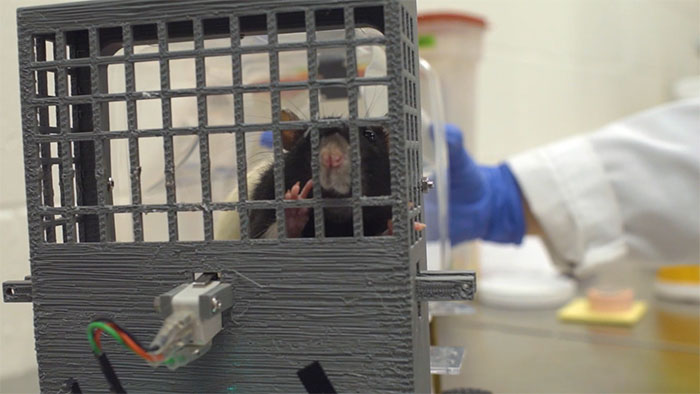
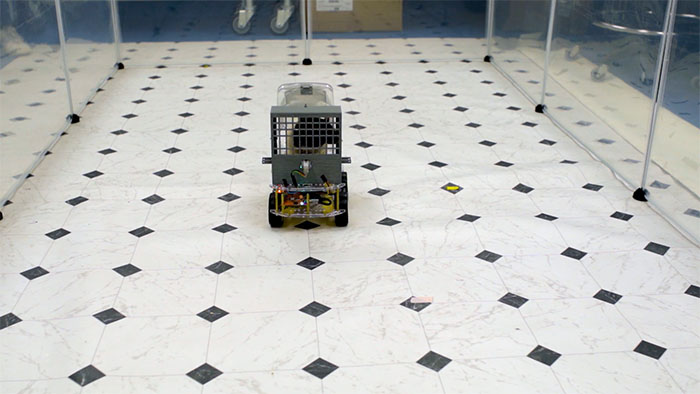
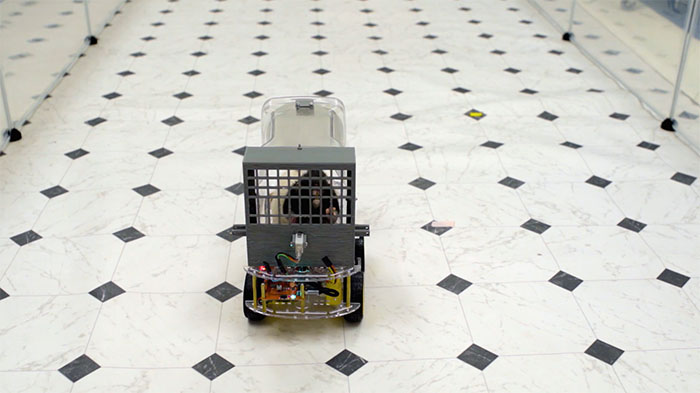
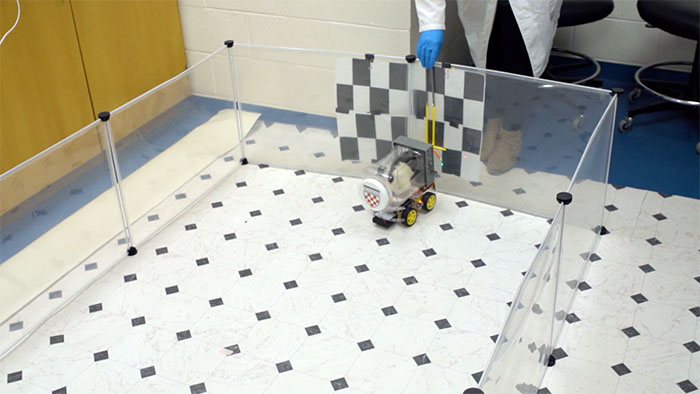
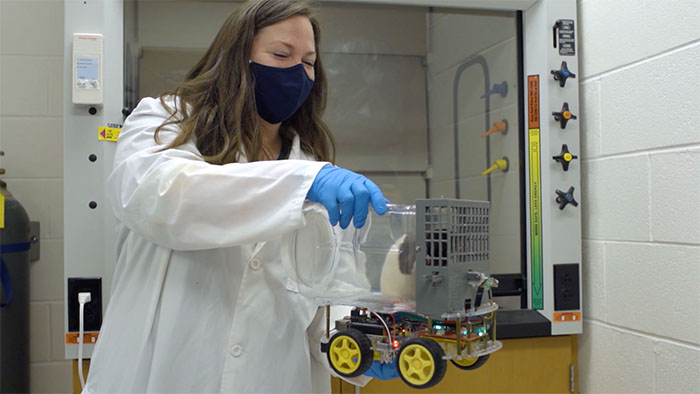
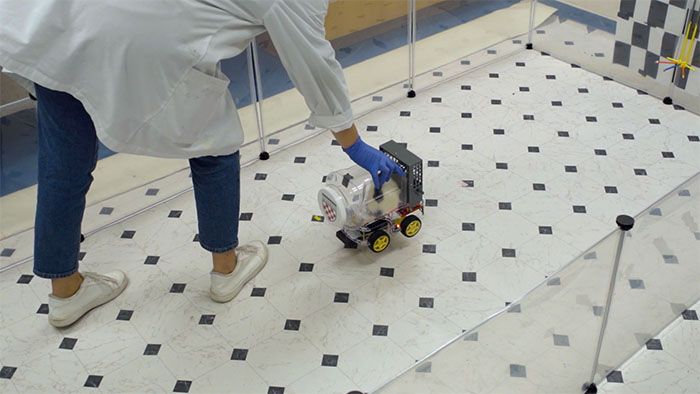
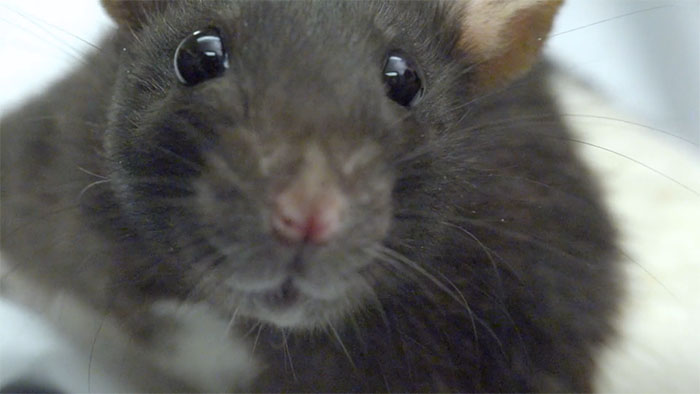


















































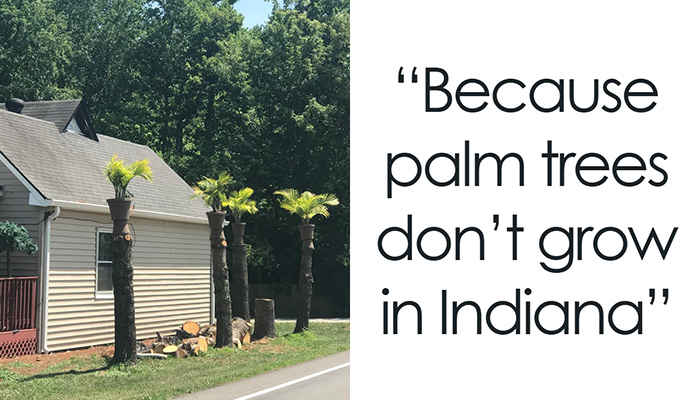






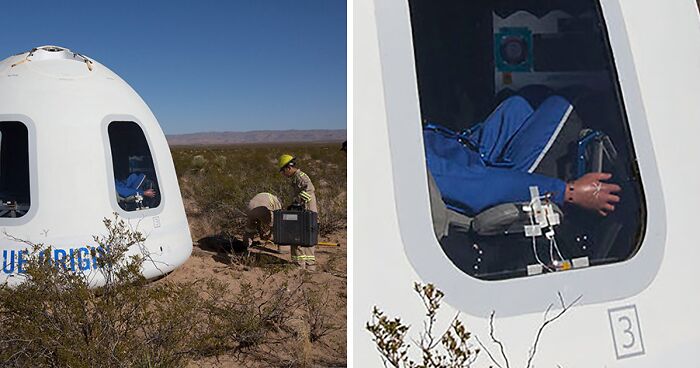

69
6